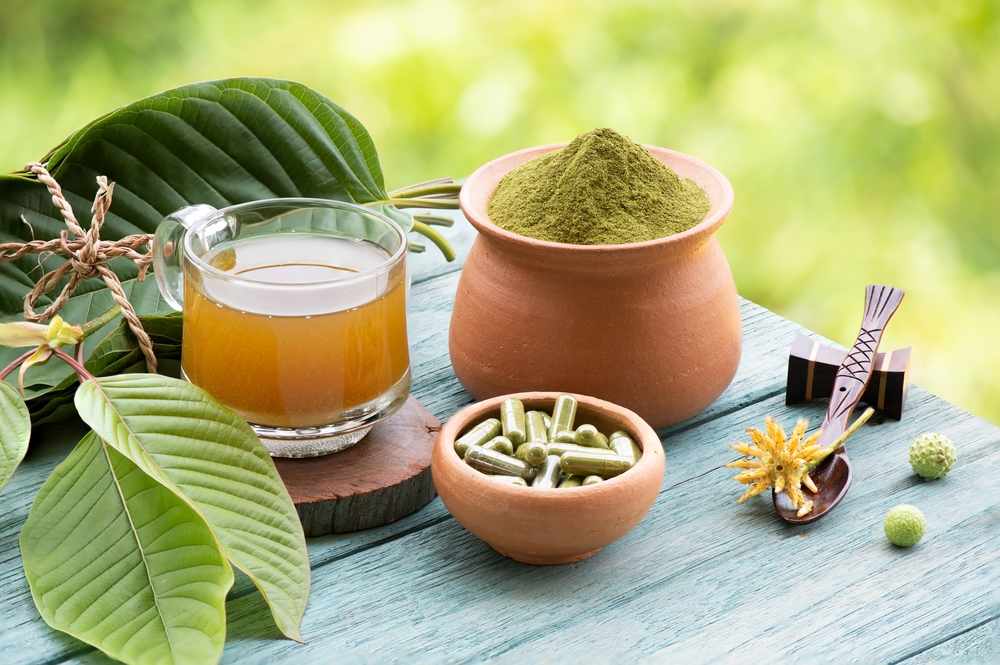Recently, California Assembly member Matt Haney (D-San Francisco) introduced Assembly Bill 2365 – The Kratom Safety Act. The purpose of the bill is to specifically increase regulations on kratom products, which have previously been sold with very little oversight or safety precautions. As concerns about kratom addiction and abuse grow, will the proposed bill be enough to make the plant-based pain-relieving drug safer, assuming it can pass into law?
What is Kratom?
Kratom is a tropical tree that indigenously grows in Southeast Asia. Ingesting its leaves, either in processed or unprocessed forms, can cause an opioid- or morphine-like pain relief because the leaves contain mitragynine and 7-hydroxymitragynine. However, the chemical substances do more than just temporarily alleviate pain; they are known to cause psychotic symptoms by affecting brain chemistry, which could trigger a variety of symptoms and might lead to addiction to kratom.
How is Kratom Abused?
Commonly, kratom products are sold as either tablets or liquid extracts that can be ingested. Most of these products are advertised as being capable of increasing the user’s energy and alertness, so people start to use them as an alternative to energy drinks or coffee. What most people do not know is that the effects and effectiveness of kratom have not been studied by the Federal Drug Administration (FDA) and that the Drug Enforcement Administration (DEA) considers kratom to be a “Drug and Chemical of Concern.” As a result, an uncounted number of Americans, including children, might be using kratom without understanding its risks and potential for abuse.
What are the Harmful Side Effects of Kratom Use?
Dangerous side effects of kratom, either in tablet or extract form, include:
- Nausea and vomiting
- Itching, sweating, and dry mouth
- Bladder and bowel disorders
- Drowsiness and chronic fatigue
- Psychosis and hallucinations
- Insomnia and restlessness
- Rapid pulse and heart complications
- Anorexia or uncontrolled weight loss
- Breathing difficulties
- Depression
- Seizures
- Chemical addiction to kratom
What Would The Kratom Safety Act Do?
Primarily, The Kratom Safety Act would update the way kratom is manufactured and sold in California to hopefully reduce the risk of kratom addiction without outright banning the substance.
Based on the language of the bill, The Kratom Safety Act would:
- Align kratom product regulations to ensure each product is safe to consume.
- Add health warning labels on all kratom products.
- Require kratom manufacturing standards to match industry best practices.
- Create laboratory testing methods to assess the safety and potency of all kratom products.
- Set advertising limitations on kratom products.
- Prohibit the sale of “adulterated kratom”.
- Ban the sale of any kratom product to people under 21 years of age.
Assembly member Haney has shown particular concern about the varying potency of kratom products. Two seemingly identical products could have completely different potency levels due to the loose or nonexistent manufacturing standards. “There are enough risks that it shouldn’t be a total free-for-all. People should know what they’re buying. Kids shouldn’t buy it. And we should make it clear that there’s a difference between a bottle that may seem the same size — but may have exponentially more potency,” explained Haney when talking about AB 2365.
Who is Liable for Kratom Addiction & Injuries?
Although the FDA has not officially evaluated kratom products or set regulations for them, companies that manufacture and distribute kratom products are still obliged under California and United States law to only sell products that are safe for consumers. For this reason, if someone suffers from kratom addiction or serious health problems after using kratom, it might be possible to hold the product manufacturer liable for any harm caused and losses experienced.
Have you or a loved one suffered from kratom addiction or abuse? Talk to an unsafe product attorney from Kershaw Talley Barlow, who serves and represents clients across California. We can investigate your situation to see if the company that manufactured or sold a kratom product to you can be held liable for your losses through an injury claim or lawsuit.
Dial (916) 520-6639 to get started with an initial consultation.


